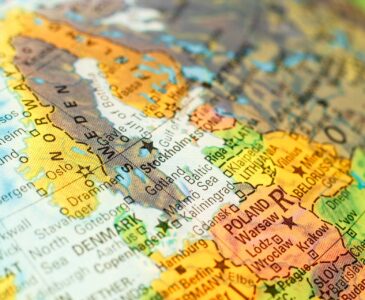Are you thinking about moving to the Netherlands, a country in northwestern Europe? If so, you should know there’s much more about this beautiful nation than clogs, tulips, bikes, and tales of windmills.
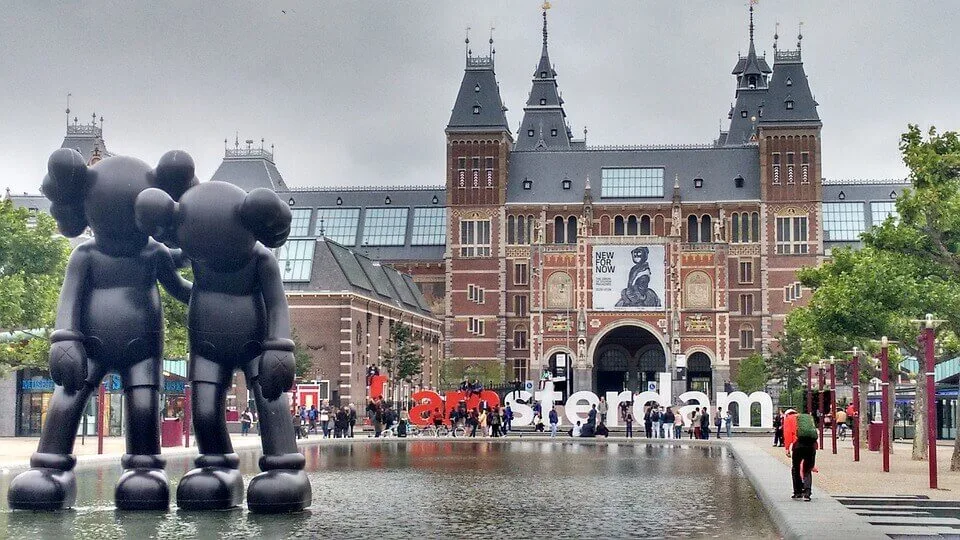
Sometimes (inaccurately) referred to as Holland, it’s a rather small territory in size, smaller than all but nine US states. Still, it is famed all over the world for plenty of things, such as liberal social policies, leading technological communications, maritime trading traditions, and above all, high living standards. Dutch children are considered the happiest in the developed world.
Culture and work-life balance combined make this place an attractive area for expats, towards whom the Dutch people are amicable. If you don’t speak the language very well or at all, don’t worry; English is widely spoken. For all those seeking working opportunities, the Netherlands boasts many international companies headquartered here, so you can rest assured that you’ll find a job very soon after the relocation.
Whatever your reasons for moving across the world are, make sure to become familiar with the specific lifestyle, habits, and culture of the new country. That’s why we’ve prepared this short guide with the pros and cons of moving to the Netherlands.
The First Step to Consider When Moving to the Netherlands – Dutch Visas & Work Permits
Before your new life in Europe, there are some things to know before moving overseas, such as a visa and a work permit. Some nations have an advantage over others, as do highly skilled expats and entrepreneurs over other groups of immigrants.
Pro: Plenty of Countries Need Only a Travel ID or Residence Permit
Australia, South Korea, the US, and a few other countries don’t need to apply for a Dutch visa to cross the border. A residence permit can be obtained after entering the border. Besides, the European Union (EU) and European Economic Area (EEA) citizens, along with Swiss expats, can enter the Netherlands with a travel ID. For more detailed information, you should visit the Immigration and Naturalisation Service website.
Con: All Nationals That Are Not From EU/EEA or Switzerland Require Work and Residence Permits
A work permit is required for almost all nations and citizens, except highly-skilled expats. When it comes to the residence permit, EU member states and the Swiss don’t need to apply for it, but depending on your plans, you’ll have to obtain a long-stay visa (authorization for temporary stay). To find out more about this type of visa and which the exemptions from the requirement are, click here.
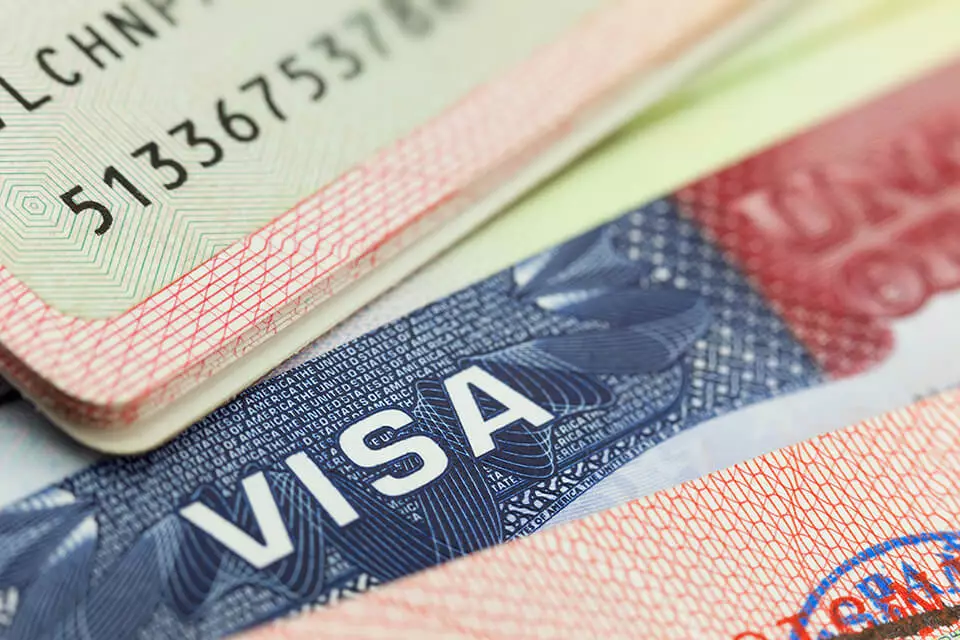
As an Expat, You Should Have Specific Skills to Get a Job
There are job opportunities for expats, even those who are English-speaking, with one requirement – they must be well-educated and stand out in some way. If you’re wondering how to get a job as an American, check out employment options in expat hubs, such as Amsterdam or Leiden.
Pro: Healthy Work-Life Balance and a Month of Paid Vacations Days
The Netherlands has one of the lowest rates of unemployment in Europe and the most satisfied workforce. Companies provide an average of 30 days of paid time off, and the possibility to be engaged part-time.
Con: Income Taxes Are Extremely High
For a high income, taxes are correspondingly high – locals should put aside as much as 52% of their salary, while expats pay a 30% income tax. Keep in mind that the Dutch bureaucracy will take a lot of energy and time, so think ahead of time to get expat tax services from a reputable company.

Wondering Where to Live in the Netherlands? Choose the Type of Accommodation That Best Suits You
There are a few types of housing options you can choose from, such as:
- Short-stays
- Student housing
- Apartments
- Houses
If you choose to rent, keep in mind that prices are very high in bigger cities (Amsterdam, Rotterdam, Utrecht, The Hague), and the average price is $1,250 (1,154 euros) per month. That’s why you should consider rural places if you need to save some money. Some apartments might be cheaper because they are unfurnished – so-called “shell” apartments.
If you would like to buy property, you don’t have to be a resident. But, there are some additional requirements that you should look into.
Pro: A Variety of Housing Options
What you should expect after arriving are traditional Dutch homes and older apartments in historic buildings. Older structures are extremely narrow, and the reasons for that are traditionally-rooted and related to taxes. The less sidewalk space they took up, the lower the expenses were back in the day.
Con: Spacious Interiors Shouldn’t Be Taken for Granted
If you’re looking forward to your new home in some of these historic buildings, you might be a bit disappointed with small living spaces. The biggest letdown will probably be the kitchen and deep or double-basin sinks, which are practically a rarity here.
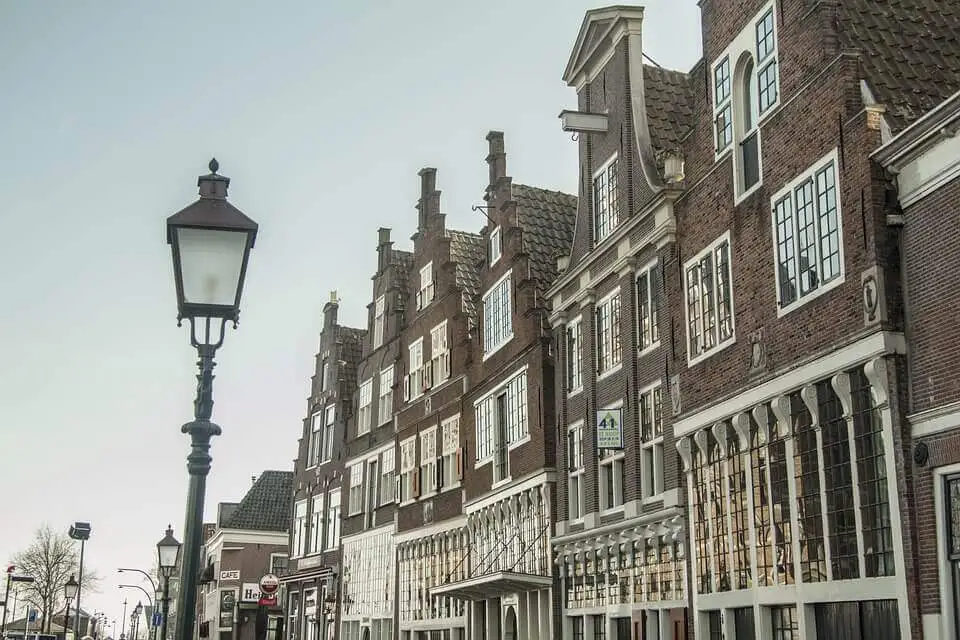
Private Health Insurance Is a Requirement for Everyone
Living in Holland requires taking out private health insurance. However, if you need medical specialist help, the family doctor should provide you with a referral. It’s not uncommon here for doctors to prescribe over-the-counter drugs to avoid more invasive methods.
Pro: Healthcare Service Is Good and Efficient
Dutch healthcare might be expensive and a bit peculiar for strangers, but it boasts excellent medical practice, short waiting times, and doctors who speak impeccable English.
Con: Dutch Healthcare Is Expensive and Basic Care Can Be Limited
You can choose any healthcare provider you want, and all providers offer a standard package. It includes services for the necessities, and you can opt for additional health services, such as dental care or physiotherapy. Basic care includes fewer preventative tests and checks than elsewhere in Europe.
Although premiums are pricey, with these packages, you can rest assured that your insurance will cover all expenses if any procedure or complication occurs.

Enjoy Local Food
It’s more likely that you’ll find Dutch specialties appealing if you like simple and straightforward cuisine. Based on plenty of vegetables and little meat, as well as raw fish (herring), meals are fresh and locally produced, of very high quality.
Pro: People in the Netherlands Like Bread, Dairy Products, and Fish Snacks
In addition to vegetables and potatoes, Dutch people take pride in tasty bread, organic cheese and yogurt, and herring, which is eaten like a snack. It’s probably the most popular global specialty from Holland – you can actually find it all over the country.
Con: You Have to Pay for Water at Restaurants
Yes, that’s true. You can’t simply ask for a cup of ordinary water, but you must pay for an expensive bottle of water. Its price can run around 3 euros.

The Netherlands Boasts a Specific Lifestyle and Interesting Culture
People here have a reputation for being punctual, coffee-lovers, direct, and blunt. Some of the most unique and specific things are:
- Christmas is celebrated 12 days before and then 12 days after Christmas Day
- They value work time as much as home time
- Amsterdam has plenty to offer, but it’s not the only city worth visiting. For example, Utrecht is known as “student city,” The Hague is the official residence for the Dutch royal family, and Delft is home to many Johannes Vermeer’s works of art
- Holland can boast the highest museum density in the world – nearly 1,000 institutions are situated here
Dutch Cities Are Bike-Friendly
The Netherlands is the global mecca for bike riders – more than 18 million in the country. Sometimes it’s possible to see more bicycles than cars on the streets, which has its benefits in terms of a healthier environment.
Let Amsterdam Be Your Guide to the Best Entertainment
Amsterdam is considered one of the best cities to live in Europe – it’s packed with entertainment options, culture, and vibrant nightlife. These pleasures can often be enjoyed at a low-cost – canal boat cruises or festivals, for example. For those who want a more sophisticated form of entertainment, they can always rely on theatres, cinemas, ballet and dance, urban art scene, restaurants, and clubs.
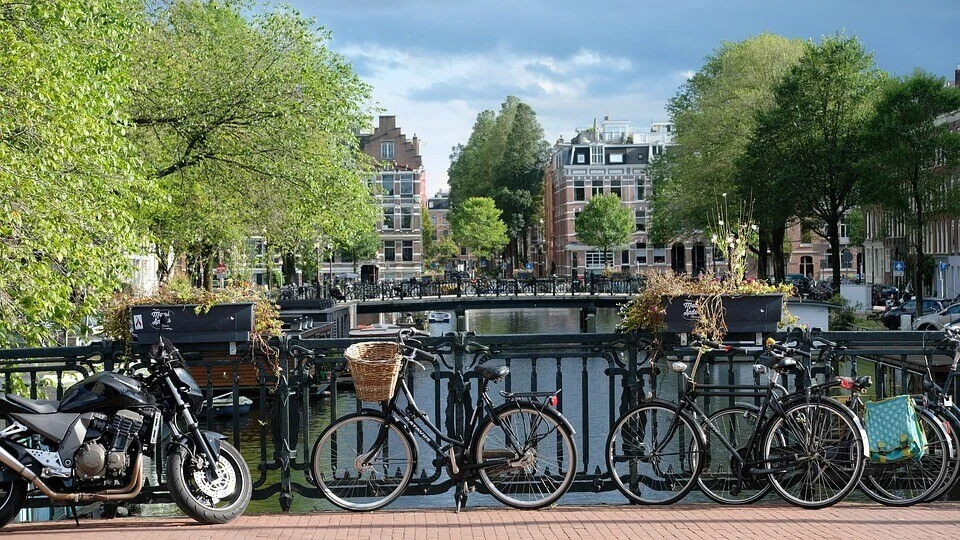
The Dutch Are Friendly – One-Fifth of the Population Is Foreign
If you’re moving to the Netherlands and still haven’t decided which town to choose, with Amsterdam, you can’t go wrong. It is home to more than 150 nationalities. That’s where you will be surrounded by other expats, which can be an excellent opportunity to make relationships and find friends shortly upon arrival.
The nation has excellent living standards and can offer a lot when it comes to working opportunities and cultural life. Therefore, you shouldn’t sit on the fence anymore and weigh the pros and cons of going abroad. The benefits of moving to the land of tulips and windmills are numerous, and you can discover them after getting international moving services and saying goodbye to your friends.




